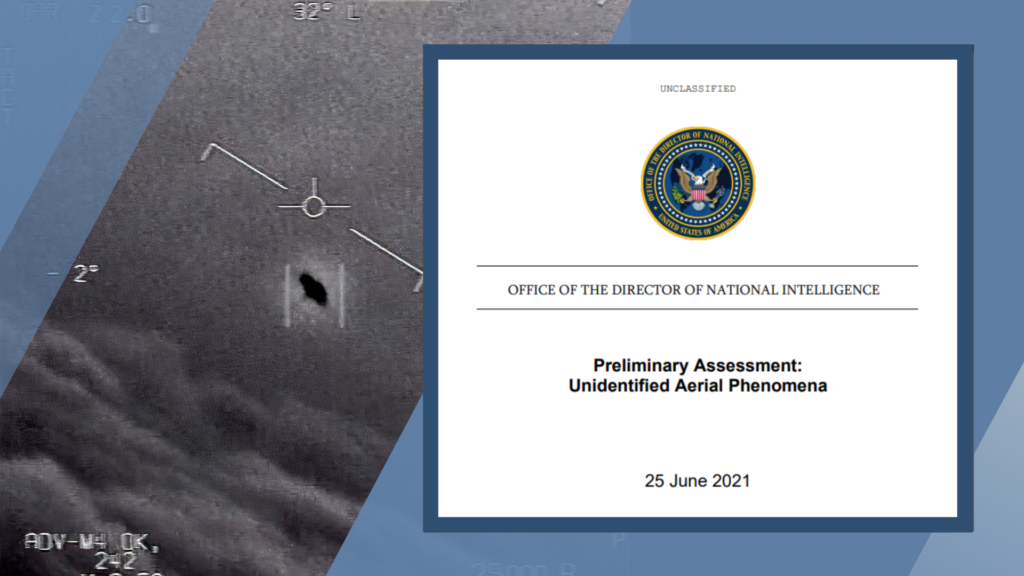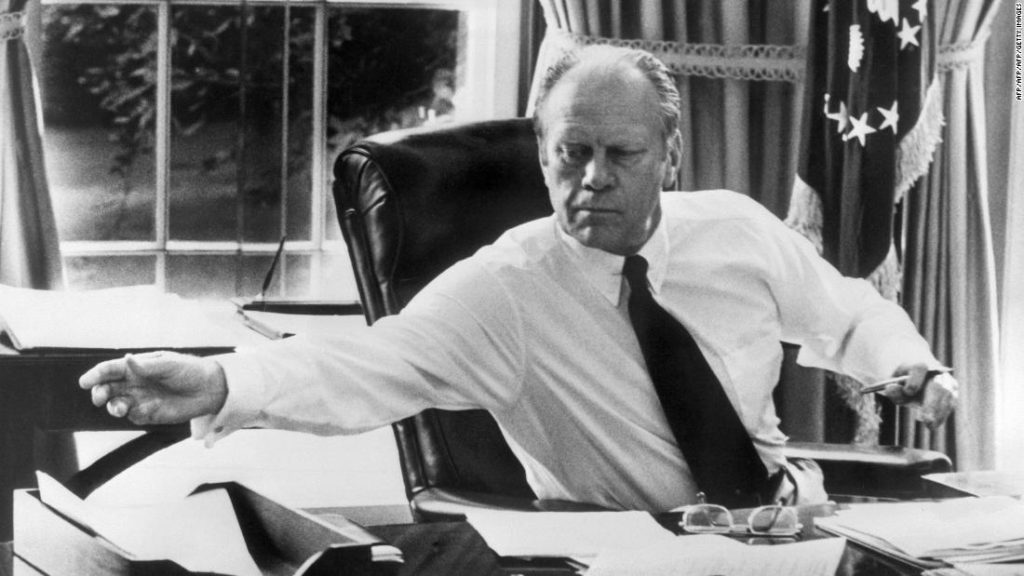YouTube Episodes & Clips From The UAP Hearing
CHRIS LEHTO’S Channel: https://www.youtube.com/@ChrisLehtoF16
A Weekly Live Recorded Podcast and Blog on UFOs/UAP
CHRIS LEHTO’S Channel: https://www.youtube.com/@ChrisLehtoF16
 It’s official: unidentified aerial phenomena exist, the Pentagon takes the subject seriously, but no there one can say if aliens are involved. This is according to the unclassified report from the Office of the Director of National Intelligence that was delivered to Congress this past Friday.
It’s official: unidentified aerial phenomena exist, the Pentagon takes the subject seriously, but no there one can say if aliens are involved. This is according to the unclassified report from the Office of the Director of National Intelligence that was delivered to Congress this past Friday.
The fact that Congress is interested in the subject of what have long been known as UFOs has gotten quite a bit a media attention ever since the report was commissioned in legislation passed in 2020. But, this is not the first time Congress has shown an interest in the subject; in the 1960’s UFOs were discussed in Congress on two occasions, both times prompted by concerns that publicly funded UFO studies were not being taken seriously.
 In 1966, there was a series of UFO sightings in Michigan that got the attention of the press and the Air Force. There was a great deal of excitement and Project Blue Book (the code name for the Air Force’s UFO study) scientific consultant, Dr. J. Allen Hynek, was sent in to help calm things down. At a press conference, he offered some possible explanations. Due to sightings over a marsh, he speculated that people there had seen ignited balls of swamp gas, some going out and others igniting, and that this created the illusion of movement. The swamp gas explanation made the headlines and outraged many Michigan residents, including Michigan Representative and House Minority Leader Gerald Ford. He sent a letter dated March 28, 1966, to the chairmen of the Science and Astronautics Committee and the Armed Services Committee, suggesting that one of them schedule “hearings on the subject of UFO’s”. He mentioned Hynek’s explanations in the letter and, in a press release that same day, it is noted that he described Hynek’s swamp gas explanation as “flippant.” Documents relating to Ford’s efforts and the resultant open hearing are housed at the Gerald R. Ford Presidential Library and Museum.
In 1966, there was a series of UFO sightings in Michigan that got the attention of the press and the Air Force. There was a great deal of excitement and Project Blue Book (the code name for the Air Force’s UFO study) scientific consultant, Dr. J. Allen Hynek, was sent in to help calm things down. At a press conference, he offered some possible explanations. Due to sightings over a marsh, he speculated that people there had seen ignited balls of swamp gas, some going out and others igniting, and that this created the illusion of movement. The swamp gas explanation made the headlines and outraged many Michigan residents, including Michigan Representative and House Minority Leader Gerald Ford. He sent a letter dated March 28, 1966, to the chairmen of the Science and Astronautics Committee and the Armed Services Committee, suggesting that one of them schedule “hearings on the subject of UFO’s”. He mentioned Hynek’s explanations in the letter and, in a press release that same day, it is noted that he described Hynek’s swamp gas explanation as “flippant.” Documents relating to Ford’s efforts and the resultant open hearing are housed at the Gerald R. Ford Presidential Library and Museum.